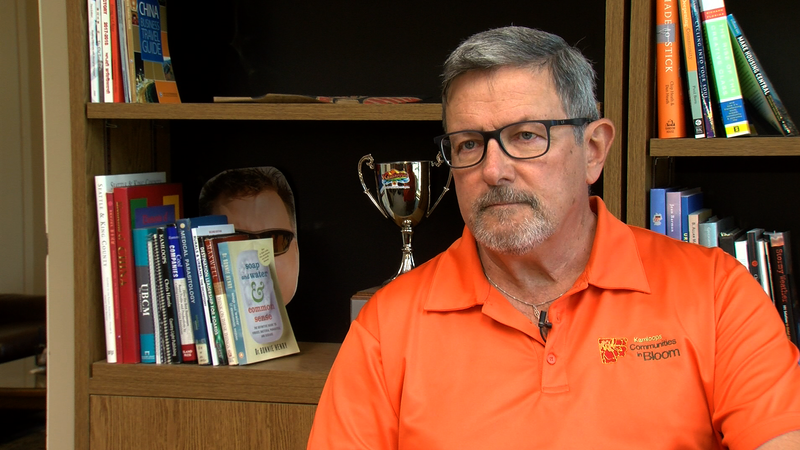
B.C. municipalities, including Kamloops, renewing calls for bigger slice of provincial funding pie
d KKAMLOOPS — As the provincial leaders travel around the B.C. ahead of next month’s election, mayors from across the province are renewing calls out for more funding.
Mayors from 13 urban communities, including Kamloops’ Ken Christian, have come together and identified four priorities: mental health and substance use, affordable housing, public transit and a new fiscal relationship with the province. From the opioid crisis to affordable housing and the pandemic, costs keep growing while revenues shrink.
“If you take a look at the City of Kamloops this year, we’re not going to be receiving about $2.6 million in gaming funds, so that’s just ‘here today, gone tomorrow’ kind of money, which makes it very difficult for communities to plan in the long term and in a sustainable way,” Christian told CFJC Today.


